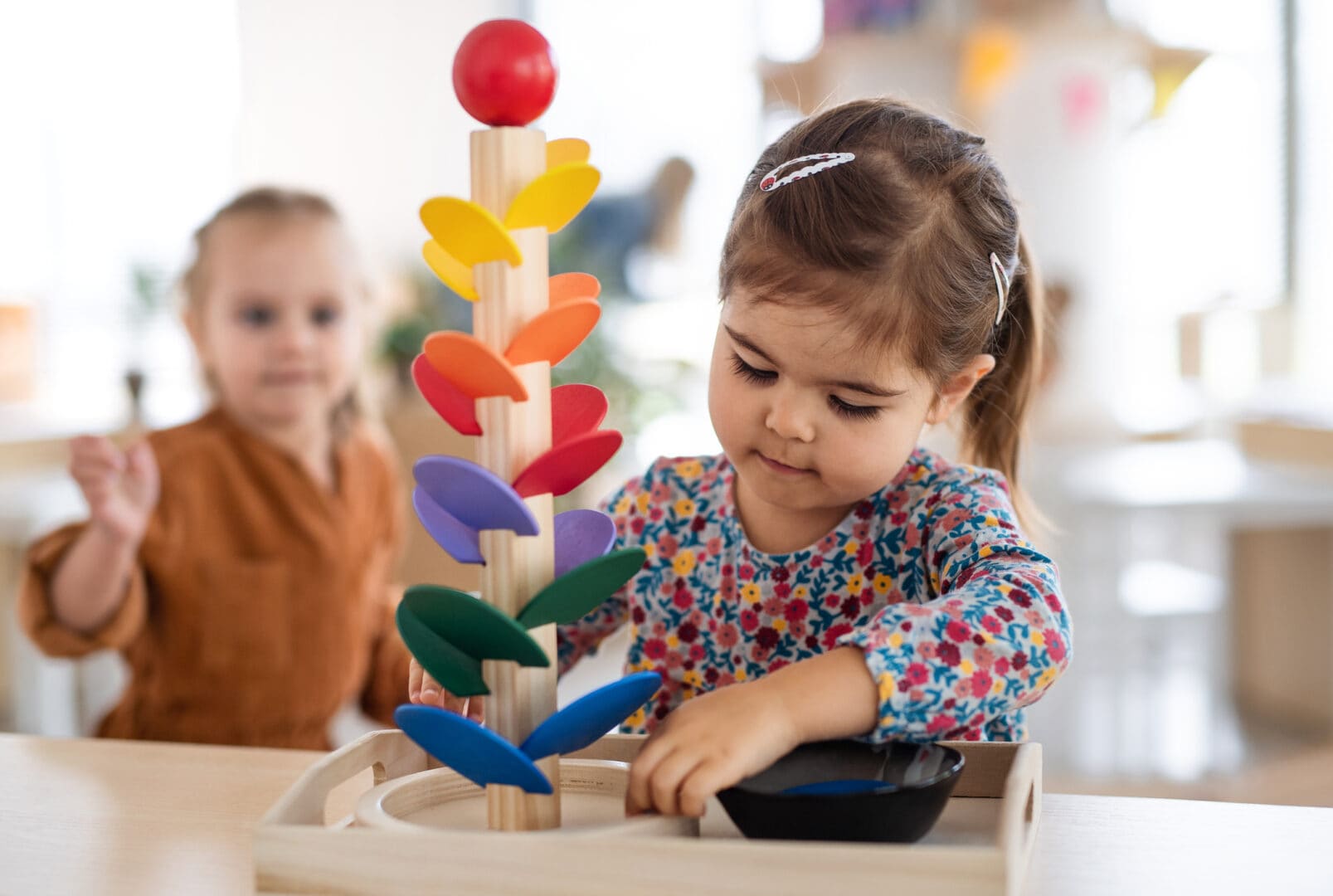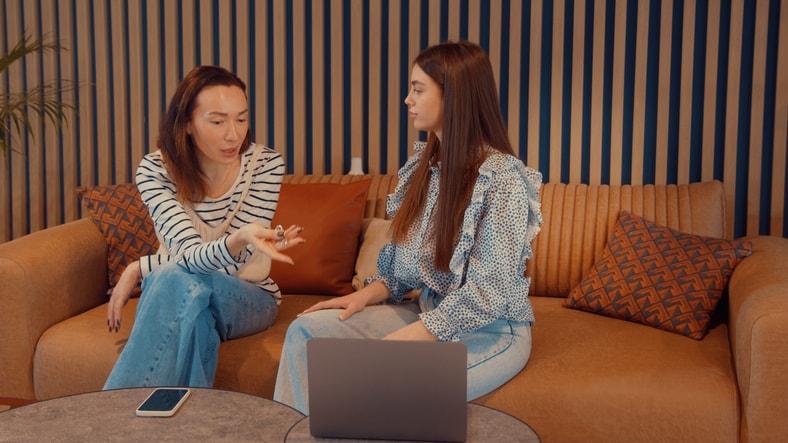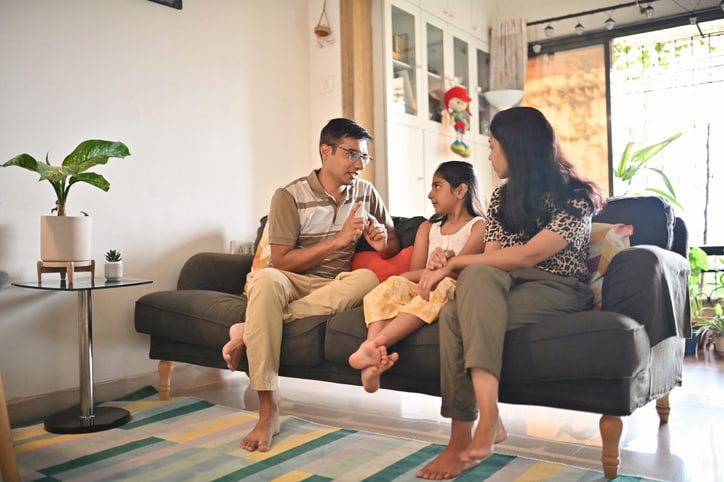When looking at preschool choices, you have probably come across references to Maria Montessori and her educational method. Maybe you have wondered what is Montessori preschool and if it’s right for your child. Learning what’s involved in a Montessori education at the primary level and the pros and cons of the method will guide you in making an informed decision before sending your child off to preschool.
What is Montessori?
Dr. Maria Montessori was a physician and educator from Italy. She developed the Montessori Method through careful and scientific observation of children and opened her first school in 1907. Montessori education has a basis in child-led sensory learning, multi-age classrooms and specialized learning materials. According to the American Montessori Society, in the early childhood environment, “All learning activities support children in choosing meaningful and challenging work at their own interest and ability level. This child-directed engagement strengthens motivation, supports attention, and encourages responsibility.” This creates a learning atmosphere that allows each individual child to develop coordination, concentration, independence and a sense of order.
Pros and cons of Montessori preschool
Pros
Focus on the whole child
Though your child will still learn all the usual school-based subjects, a Montessori preschool will also instill other values. Bridget Scales, a certified Montessori educator at Montessori Pathways School in Crystal Lake, Illinois, says, “A Montessori teacher is trained to be a keen observer and will set up an environment to promote growth in all of these areas, which are considered important facets to the development of the whole child: independence, autonomy, confidence and competence, intrinsic motivation, external authority, social responsibility, spiritual awareness, citizen of the world and academic preparation.”
Children learn at their own pace
Lori Bourne, who’s certified in Montessori teaching and is the creator of the educational materials site Montessori for Everyone, says it is best when “the child starts Montessori at age 3 or soon after.” For a child at this age, learning at their own pace can be a big benefit. Instead of memorization and pressured learning, Montessori focuses on learning through play and activity in a multi-age classroom. Children with different strengths and even those with special needs can thrive in a Montessori environment.
Elementary and secondary programs
Your child can continue with the Montessori Method throughout the primary and secondary education, if your family chooses to keep with it.
Community
Montessori schools encourage a sense of community. Scales says, “the students are responsible for their community. It is a three-year cycle where the experienced students become the role models and leaders of the community. They take ownership of making sure that their class is functioning well.” The schools often have a high level of parental involvement and numerous activities and events outside of school. Scales adds that children learn about different cultures, but also receive encouragement to support causes of their choice.
Cons
Limited availability
While about 5,000 Montessori schools exist in the United States, finding one in your area or one that goes beyond preschool and elementary school may prove challenging. For some families, this can mean longer school commutes to reach their area’s school.
Certified teachers
Not all Montessori schools are equal. Schools can and do call themselves Montessori without having certified Montessori teachers. They do not always follow the method, so researching and visiting schools is a must for parents interested in a Montessori preschool.
Rules for parents
Your child’s Montessori teacher may have specific rules they ask of you, such as not asking a child about their day as soon as you pick them up from school. Bourne says Montessori works better if the child stays in it consistently, and the parents provide a Montessori environment at home. For some parents, this can be problematic, so consider if you are willing to respect the teacher’s wishes and possibly make changes at home.
Cost
Only about 10% of Montessori schools in the U.S. are publicly funded, and private Montessori schools can be costly. You will have to weigh the rewards versus the extra expense.
Is Montessori preschool right for your child?
Montessori at the preschool level works for most children. Montessori schools do not grade students, and some private schools may not give standardized tests, which may be a positive or negative, depending on your view. Think about your child: If they show independence and thrive with gentle guidance and open-ended play, Montessori could be a good choice. In the end, you know your child best, so you’re the best person to make the decision.






